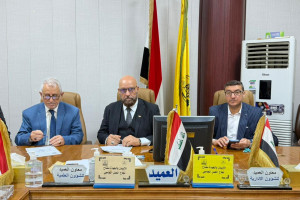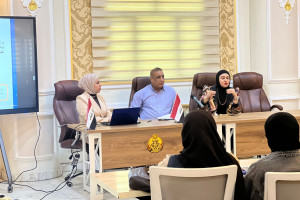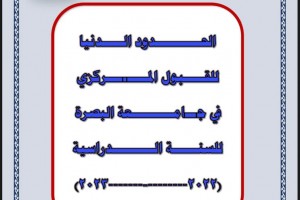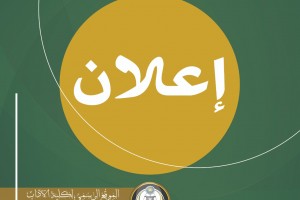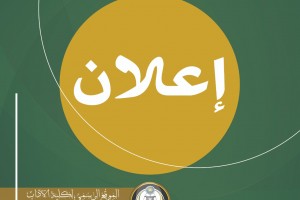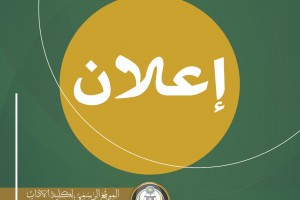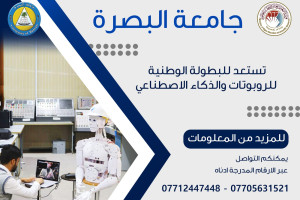

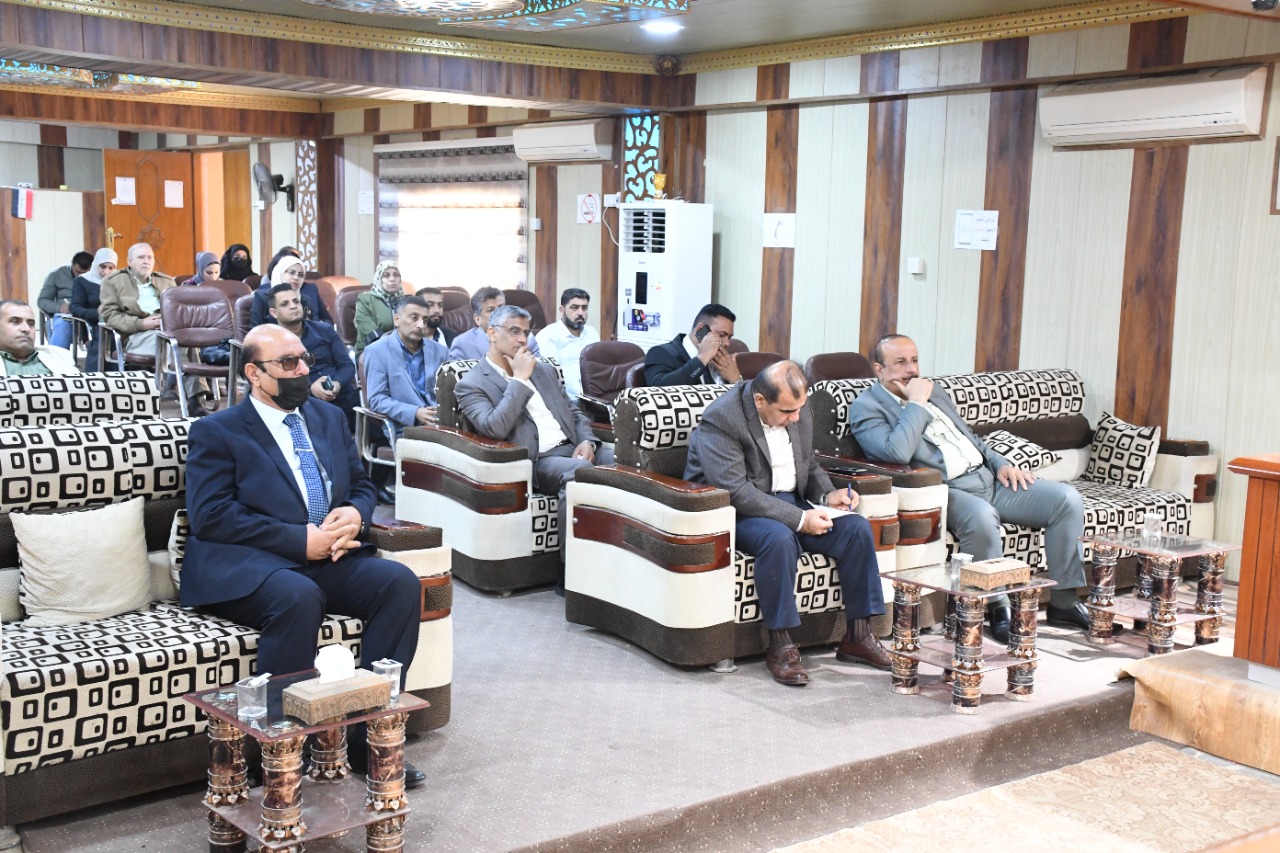
In pursuit of further scientific progress and keeping pace with new scientific theses, and in the presence of the Dean of the College of Arts, Prof. Dr. Majid Al Kaabi, the Department of Arabic Language held an expanded symposium entitled: (Cultural Studies and Interdisciplinary Problems).
The symposium, which was attended by academics and intellectuals, discussed the reality of cultural studies and the overlap between different fields, especially the fields of cultural studies and critical discourse analysis.
Two research papers were presented at the symposium, the first entitled (Cultural Studies - Concept, Procedure and Function), in which Prof. Dr. Aqeel Abdul Hussein discussed the concept of cultural studies and its relationship to theory and an attempt to get rid of the theoretical framework, and then classify the forms of cultural studies according to a tripartite scheme (representation, significance and function). As for the second paper, entitled (The Problem of Overlapping between Cultural Studies and Critical Discourse Analysis), Prof. Dr. Salah Hassan Hawi has distributed his work on three topics: (foundations, cognitive end, and applied model) trying to find the convergence link between these two fields as multidisciplinary fields, as well as searching for areas of difference between them.
The symposium aims to review post-structural or post-modern concepts and theories, and to come up with a recommendation for the need to reconsider the dominant academic visions in line with the current reality, and open the door to new sub-disciplines.
Through its two research papers, the symposium sought to examine the concept of cultural studies as the most prominent methodological responses to developments and transformations taking place in literary and cultural production, and to shed light on its procedural reality in models of academic studies completed in universities, and to indicate the flaw in some of them and the inconsistency of application with theorizing due to a misunderstanding of the theory. On the other hand, it tried to illuminate the intersectional field that was formed from the overlapping of cultural studies with critical discourse analysis, and the foundations, concepts and fields of that.
Perhaps one of the most important things that the symposium tried to add in this aspect was the warning of the need to re-read the developments in modern critical thought and to comprehend that, in order to avoid repeating a methodological defect that most of the completed academic works did not escape from. As well as illuminating the prospects and new research topics that the interdisciplinary study opens. The scientific interventions of the attendees and their questions contributed to enriching some of the ideas and opinions that were put forward in the symposium.

